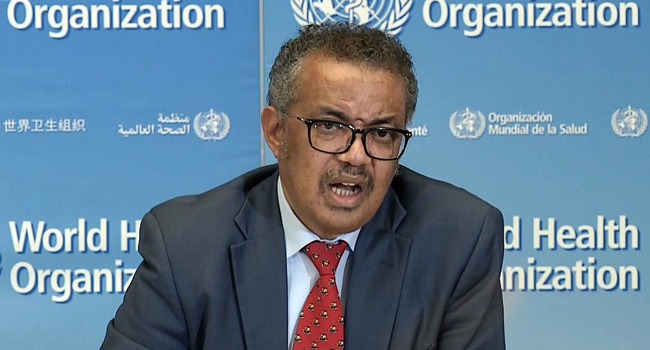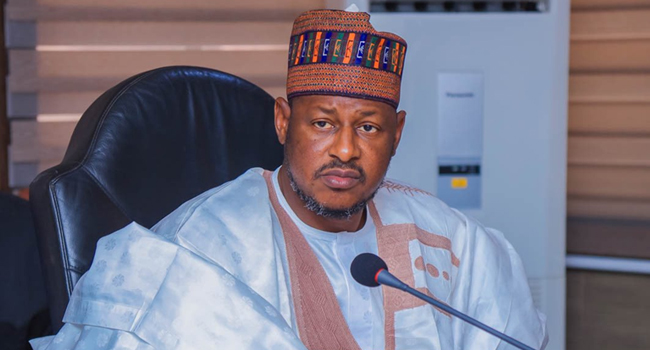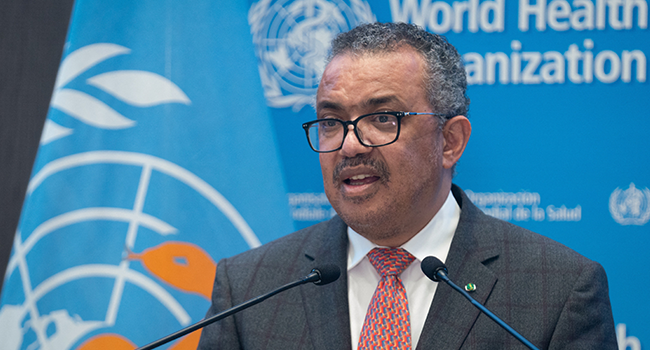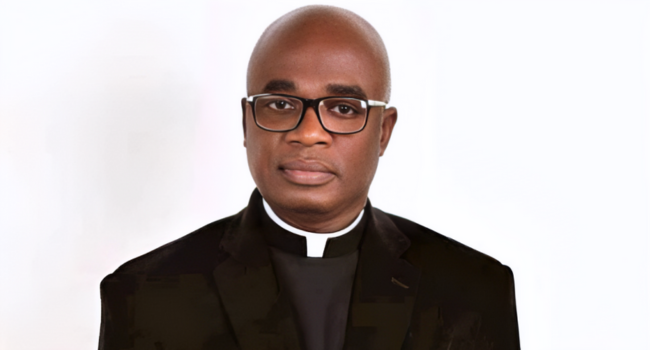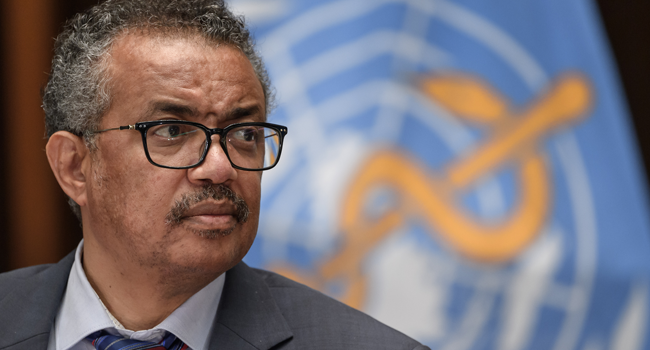
The head of the World Health Organization said Monday that a vaccine would not by itself stop the coronavirus pandemic.
The pandemic is raging months after it broke out, with infections soaring past 54 million and claiming more than 1.3 million lives.
“A vaccine will complement the other tools we have, not replace them,” director-general Tedros Adhanom Ghebreyesus said. “A vaccine on its own will not end the pandemic.”
The WHO’s figures for Saturday showed that 660,905 coronavirus cases were reported to the UN health agency, setting a new high water mark.
That number, and the 645,410 registered on Friday, surpassed the previous daily record high of 614,013 recorded on November 7.
Tedros said that supplies of the vaccine would initially be restricted, with “health workers, older people and other at-risk populations (to) be prioritised. That will hopefully reduce the number of deaths and enable the health systems to cope.”
But he warned: “That will still leave the virus with a lot of room to move. Surveillance will need to continue, people will still need to be tested, isolated and cared for, contacts will still need to be traced… and individuals will still need to be cared for.”
AFP

